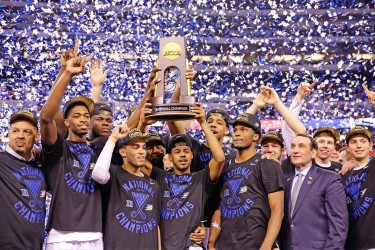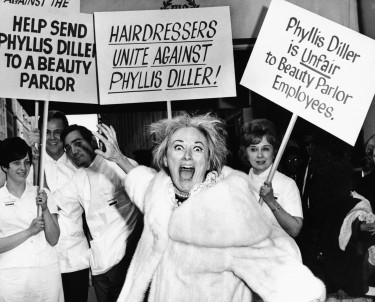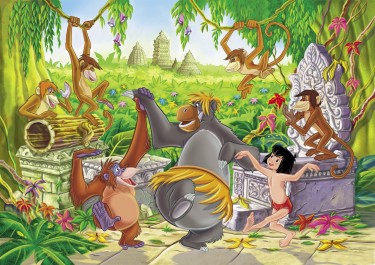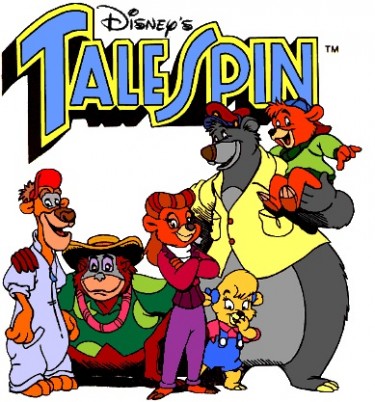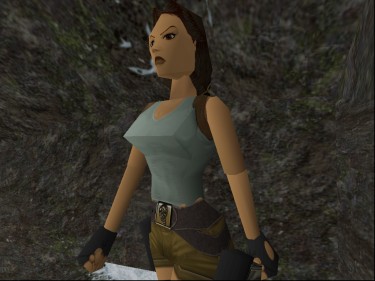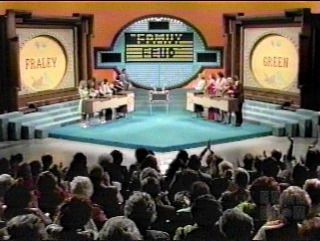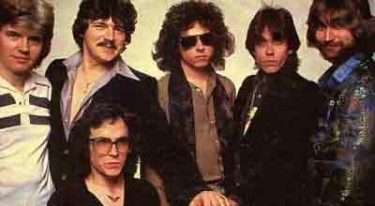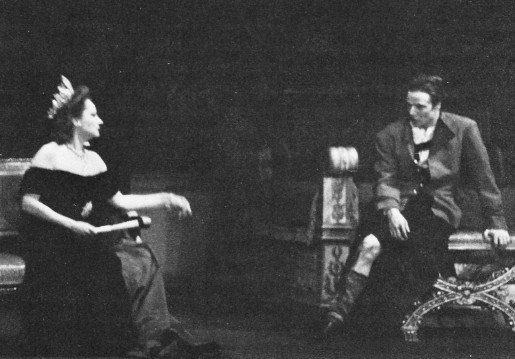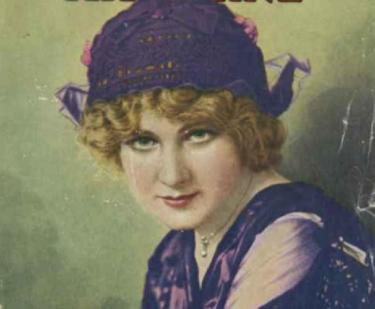Here is the latest in a series of examinations into urban legends about movies and whether they are true or false. Click here to view an archive of the Movie urban legends featured so far.
MOVIE URBAN LEGEND: Greedo was originally intended to shoot at Han Solo first in Star Wars.
Very often, when it comes to the myths and rumors that make up the basis for legends about Star Wars, the legends originate in the same place – the desire to believe that George Lucas had everything planned out from the beginning, a myth that Lucas himself has helped to perpetuate over the years. This leads to legends like “Anakin Skywalker was always going to be Darth Vader”, “the original Star Wars was always meant to be the fourth film in a series of films” and “Luke and Leia were always meant to be siblings.” It is also at play in the great “Han shot first” debate, a debate that made the news late last year when George Lucas made his argument for why it makes sense for him that Han Solo did not shoot first.
The debate, of course, centers around a scene early in the first Star Wars film where Han Solo is accosted by a bounty hunter named Greedo. Greedo holds Solo at gun point and the two sit down together. They talk about the bounty that is on Solo’s head from Jabba the Hutt and Han explains that he can get Jabba the money he owes him. Greedo, being surprisingly greedy, asks for the money for himself. Han tells him he doesn’t have it yet. Greedo then expresses his interest in killing Han. Han, who has secretly readied his own gun under the table, blasts Greedo and kills him.
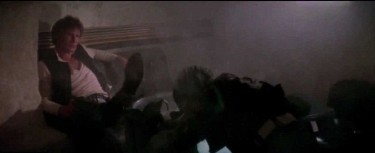
It is a famous scene and much beloved among Star Wars fans since it breaks from convention – it establishes Han as a bit of a rogue. This makes his becoming a hero of the rebellion all the more sweeter later in the film. Lucas recently argued that it did not make sense for Han to shoot first:
Han Solo was going to marry Leia, and you look back and say, ‘Should he be a cold-blooded killer?’ Because I was thinking mythologically — should he be a cowboy, should he be John Wayne? And I said, ‘Yeah, he should be John Wayne.’ And when you’re John Wayne, you don’t shoot people [first] — you let them have the first shot. It’s a mythological reality that we hope our society pays attention to.
In the 1997 “Special Edition” of Star Wars, Lucas edited the scene so that Greedo fires at Han first and then Han shoots him. In a 2004 edition of the film (the version that is currently available for download online), they fire at the same time.
Lucas, however, has argued that the special edition was his original intent, stating in 2002:
The controversy over who shot first, Greedo or Han Solo, in Episode IV, what I did was try to clean up the confusion, but obviously it upset people because they wanted Solo to be a cold-blooded killer, but he actually isn’t. It had been done in all close-ups and it was confusing about who did what to whom. I put a little wider shot in there that made it clear that Greedo is the one who shot first, but everyone wanted to think that Han shot first, because they wanted to think that he actually just gunned him down.
Reader Joshua W. thought that I had addressed this legend before, but I have not, but, well, here it is now, Joshua! Did Han originally shoot first or what?
Read the rest of this entry »


